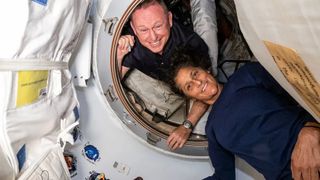
Daniel Eduardo Vigo
Daniel Eduardo Vigo was born in Buenos Aires in 1973. He received his medical degree in 1998 and completed his specialty in Internal Medicine in 2003. He obtained a PhD from the University of Buenos Aires in the area of Physiological Sciences in 2007. As a Visiting Research Fellow, he conducted his post-doctoral training at the Katholieke Universiteit Leuven (Belgium), being involved in the Mars500 project (Russian Academy of Sciences, European Space Agency). He directs the Laboratory of Chronophysiology at the Biomedical Research Institute from the National Research Council (CONICET) and Catholic University of Argentina (UCA), where he holds a position as Independent Researcher and Senior Professor. His basic research interests are the study of complexity in biological rhythms; the chronobiological aspects of autonomic, emotional, and cognitive functions; the sleep-wake cycle in different human groups and complex chronic diseases; and life sciences in space and space analogues. He coordinated in Argentina the European Space Agency operational tests of the Tempus-Pro device deployed in Antarctica, and he currently directs the project “Chronobiology of Antarctic isolation: the use of Belgrano II Argentine Antarctic station as a space analogue”.
Latest articles by Daniel Eduardo Vigo

How will the stuck Boeing Starliner astronauts perceive time after 6 months in space?
By Ruth Ogden, Daniel Eduardo Vigo published
The passage of time can slow to a crawl when you're waiting, and waiting, and waiting. How will the Boeing Starliner astronauts feel time move if they have to stay in space for another 6 months?
Get the Space.com Newsletter
Breaking space news, the latest updates on rocket launches, skywatching events and more!